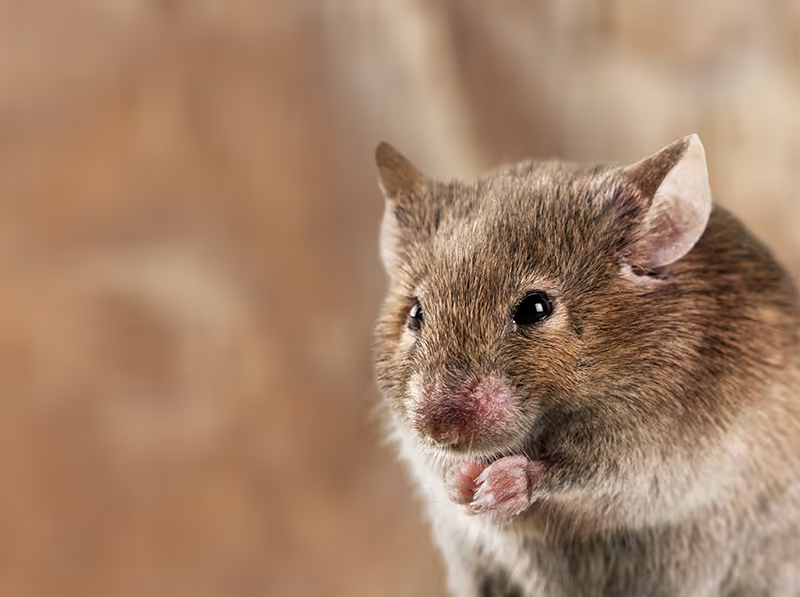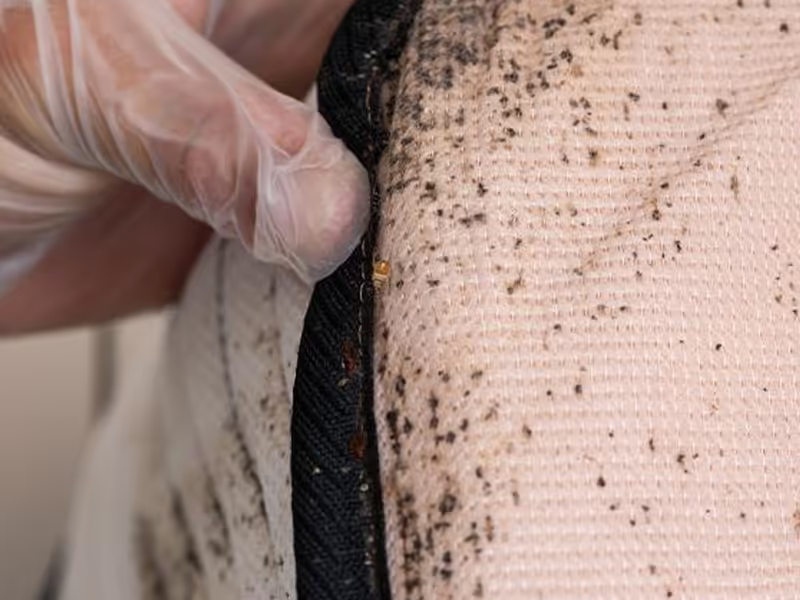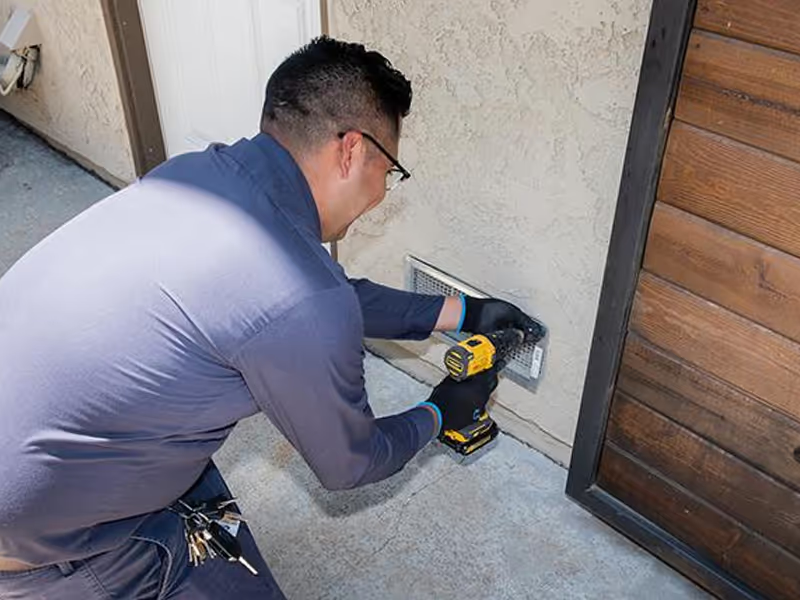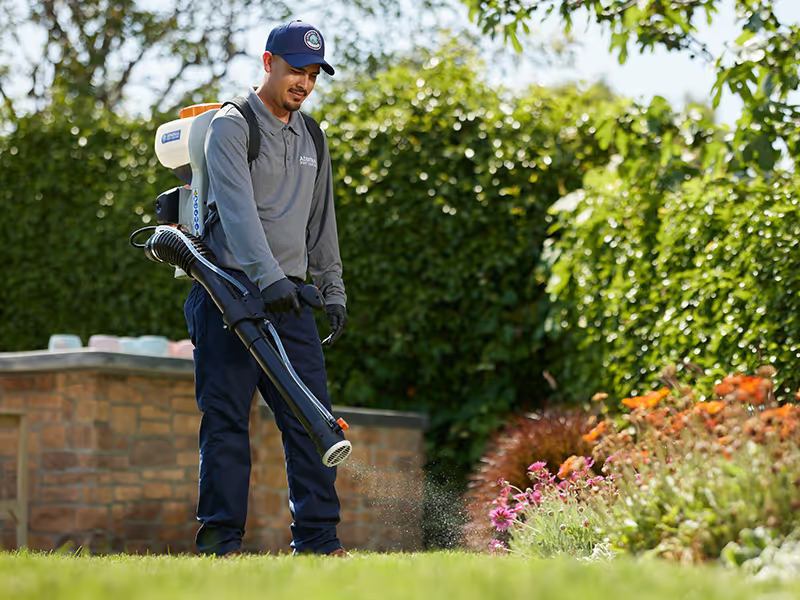Do Rodents Go Away in Winter?
No, rodents do not go away in winter. Unlike some small animals, such as chipmunks and ground squirrels, which hibernate, mice and rats stay active all year long. Instead of hibernating, they look for warm places to shelter, like attics, basements, and crawl spaces.
During the colder months, rodents:
- Seek shelter in homes, garages, and sheds.
- Stockpile food to survive the winter.
- Build nests in warm, hidden places.
- Continue to breed, even in the winter.
Because they are constantly searching for food and warmth, winter can actually increase rodent activity inside homes.
What Time of Year Are Rodents Most Active?
Rodents are active year-round, but their activity tends to increase during the fall and winter months.
- Spring and Summer: Rodents usually live outdoors where food is plentiful.
- Fall: As temperatures drop, rodents begin looking for shelter and food to prepare for winter.
- Winter: Rodents move inside homes, attics, basements, and garages to stay warm and survive.
If you notice rodent activity in your home during the winter, it’s because they have found a warm, safe place to live.
Do Small Rodents Hibernate?
Some small rodents hibernate, but many do not.
Rodents That Hibernate
- Prairie dogs – Hibernate in burrows underground.
- Ground squirrels – Sleep for months to conserve energy.
- Chipmunks – Enter a deep sleep but wake up occasionally to eat.
- Dormice – Hibernate in tree trunks or underground.
Rodents That Stay Active Year-Round
- Mice – Stay active, looking for food and shelter in homes.
- Rats – Do not hibernate and continue to reproduce even in winter.
- Squirrels – May slow down but do not fully hibernate.
If you’re dealing with a rodent problem in your home during the winter, it’s likely from mice or rats that have moved inside for warmth and food.
Will Mice Leave If the House Is Cold?
A common myth is that mice will leave if your home is too cold. This is not true.
Mice are survival experts. Even in cold environments, they find ways to stay warm, such as:
- Nesting inside walls, attics, and basements.
- Using insulation for warmth.
- Finding heat sources like appliances and heating ducts.
If your home is cold, mice will simply move deeper into walls or closer to heat sources rather than leave. The only way to get rid of mice is to remove their food sources and seal up entry points.
Why Are Rodents Active in Winter?
Even though the cold slows down some animals, rodents stay busy during the winter months.
Here’s Why:
- Food: Rodents search for food to eat and store for later.
- Shelter: They look for warm, safe places to nest.
- Indoor food sources: Homes provide easy meals from pet food, trash, and pantry items.
- Survival: Rodents must stay active to stay alive.
Rodents have adapted to survive in all types of weather, and winter is no exception.
How to Prevent Rodent Infestations
The best way to avoid a rodent problem in the winter is to take steps to keep them out of your home.
Rodent Prevention Tips
- Keep food in sealed containers – Mice and rats can chew through cardboard and plastic bags.
- Take out the trash regularly – Rodents are drawn to garbage and food scraps.
- Clean up crumbs and spills quickly – Even small bits of food can attract rodents.
- Fix leaky pipes – Mice and rats need water, so keep your home dry.
- Seal up cracks and holes – Use caulk, steel wool, or metal mesh to block entry points.
- Use weather strips on doors and windows – This helps keep rodents from squeezing inside.
By following these steps, you can reduce the chances of a rodent infestation in your home.
How Do Rodents Survive the Cold?
Rodents have several survival strategies to make it through the winter.
1. Stockpiling Food
Rodents gather and store food in hidden places to ensure they have enough to eat when food is harder to find.
2. Nesting in Warm Areas
They build nests inside homes, in walls, and in attics using insulation, paper, and fabric for warmth.
3. Chewing Through Barriers
Rats, in particular, can chew through wood, plastic, and even concrete to get into a warm space.
4. Taking Advantage of Human Homes
Houses, garages, and sheds provide food, water, and shelter, making them ideal places for rodents to survive the winter.
Signs of a Winter Rodent Infestation
If you think you have rodents in your home this winter, watch for these signs:
- Scratching or scurrying noises in walls or ceilings.
- Small, dark droppings in cupboards, pantries, or near food.
- Gnaw marks on furniture, walls, or food containers.
- Musty smells in enclosed spaces.
- Nests made from shredded paper, fabric, or insulation.
If you notice any of these signs, you likely have a rodent problem that needs to be addressed.
What to Do If You Have Rodents in Your Home
If you already have rodents inside your home, take action quickly to prevent them from spreading.
Steps to Get Rid of Rodents
- Remove food sources – Keep food sealed and clean up crumbs.
- Seal entry points – Block holes and cracks where rodents may be entering.
- Use traps – Set traps in areas where you’ve seen rodent activity.
- Call a professional – If the problem persists, contact a pest control expert.
Rodents reproduce quickly, so the sooner you take action, the easier it will be to eliminate the problem.
Final Thoughts
Rodents do not hibernate in winter—they stay active and often move indoors to find warmth and food. Mice and rats are expert survivors, using homes, attics, and basements as shelter during the cold months.
To prevent rodents from invading your home this winter:
- Keep food stored properly.
- Seal up cracks and entry points.
- Keep your home clean and clutter-free.
- Set traps if you notice signs of an infestation.
If you suspect a rodent problem, taking action early can prevent a small issue from turning into a bigger problem. Stay proactive and protect your home from unwanted winter guests by contacting a professional exterminator like Admiral Pest Control!



















